Social media has become an invaluable tool for businesses to share their unique stories and connect with their audience? it’s no longer enough to simply have a great product or service, you need to captivate your audience and build a strong brand identity that resonates with them. And that’s where social media comes in!
Social media platforms like LinkedIn, Facebook, and Instagram offer a powerful opportunity to showcase your company’s values, culture, and mission. By leveraging these platforms effectively, you can create an authentic and engaging brand narrative that sets you apart from the competition. So, how can you use social media to tell your company’s story in a way that captivates professionals like you? Here are a few key strategies to consider:
1️⃣ Humanize Your Brand: People connect with people, not faceless corporations. Share behind-the-scenes glimpses of your team, highlight employee success stories, and showcase the human side of your brand. This will help professionals like you relate to your company on a deeper level.
2️⃣ Consistency is Key: To build a strong brand identity, it’s crucial to maintain a consistent voice and visual style across all your social media platforms. This helps professionals recognize and remember your brand, fostering trust and loyalty.
3️⃣ Engage and Interact: Social media is a two-way street. Encourage professionals to engage with your content by asking thought-provoking questions, responding to comments, and participating in industry discussions. This not only builds relationships but also positions your company as a thought leader in your field.
4️⃣ Storytelling through Visuals: Visual content is king on social media. Use eye-catching images, videos, and infographics to tell your company’s story in a visually compelling way. Remember, a picture is worth a thousand words!
5️⃣ Measure and Adapt: Don’t forget to track your social media metrics and analyze the impact of your efforts. This will help you understand what resonates with professionals and refine your strategy accordingly.
Ready to take your company’s storytelling to the next level? Start by implementing these strategies on your social media platforms and watch your brand come to life! Innovative Marketing Solutions can help unlock the true potential of your brand! Get in touch today and let’s redefine your growth story!










